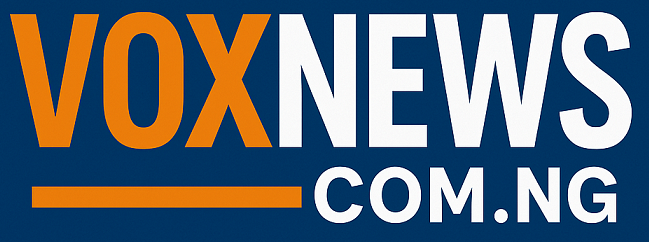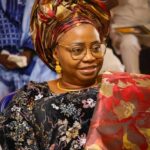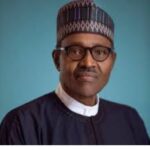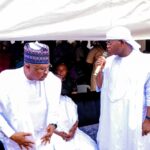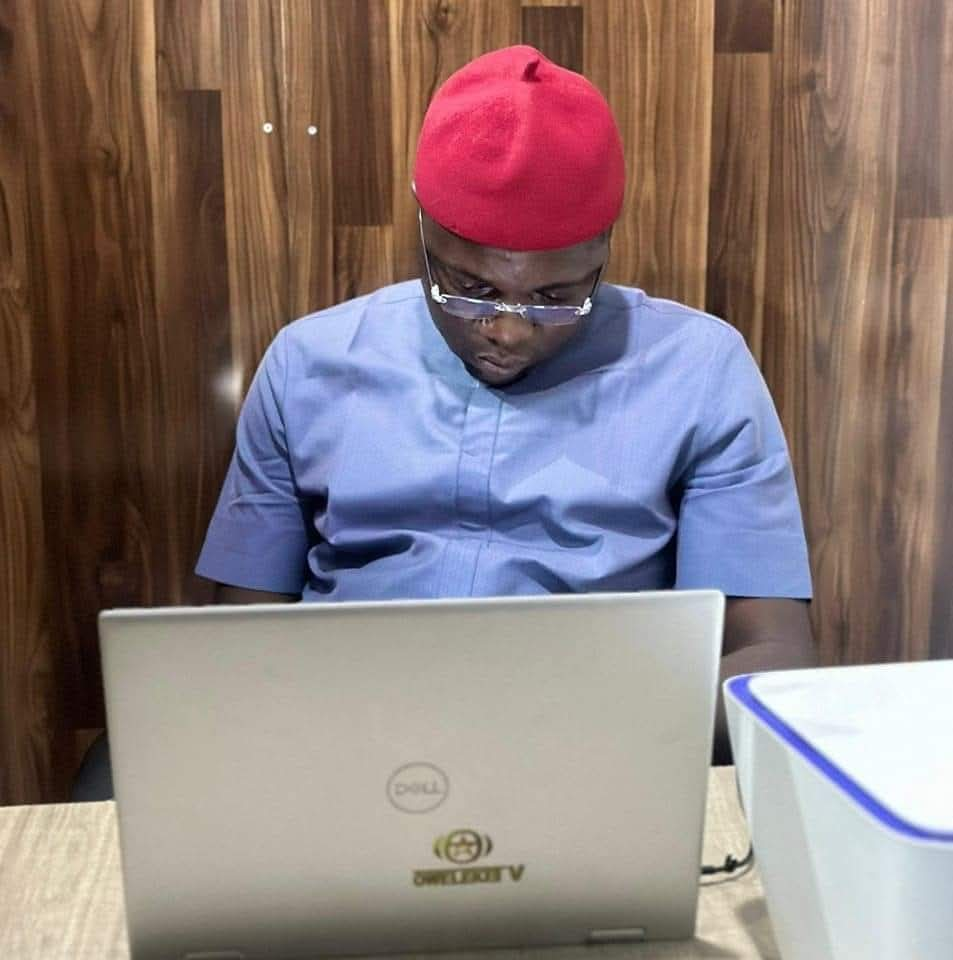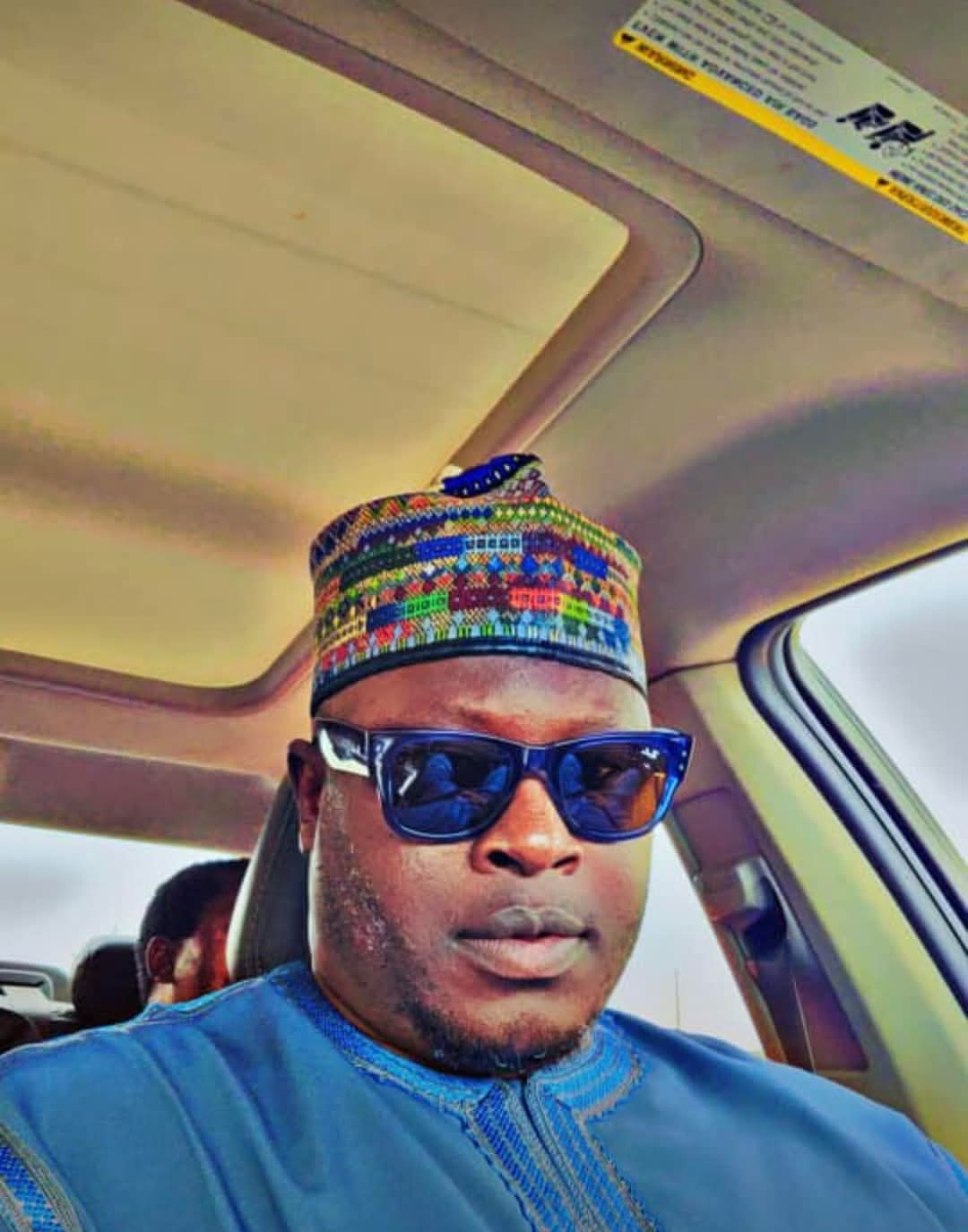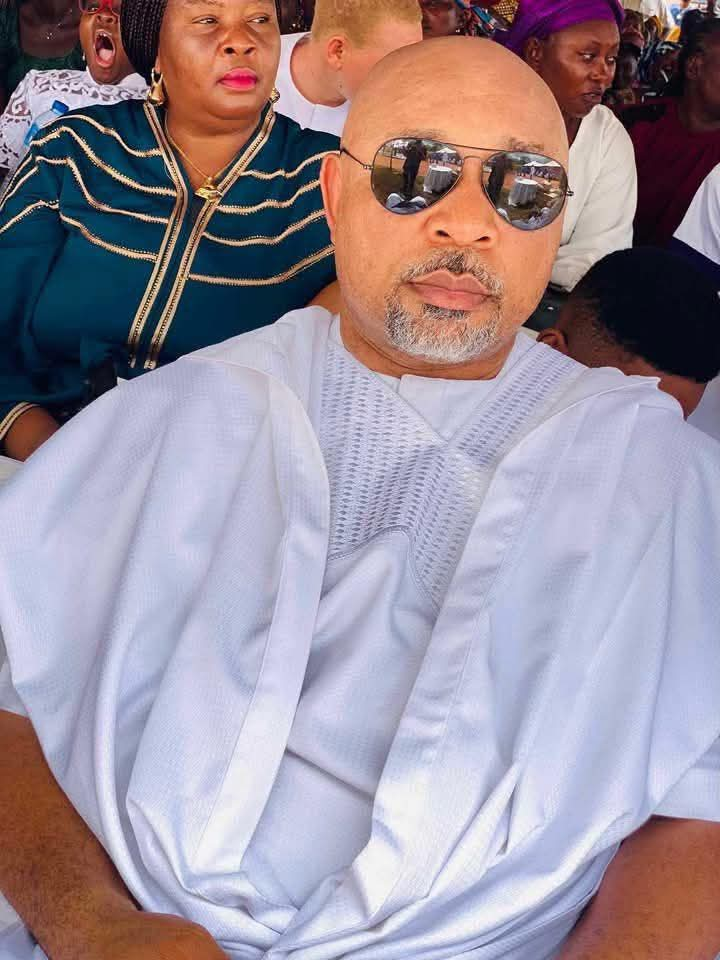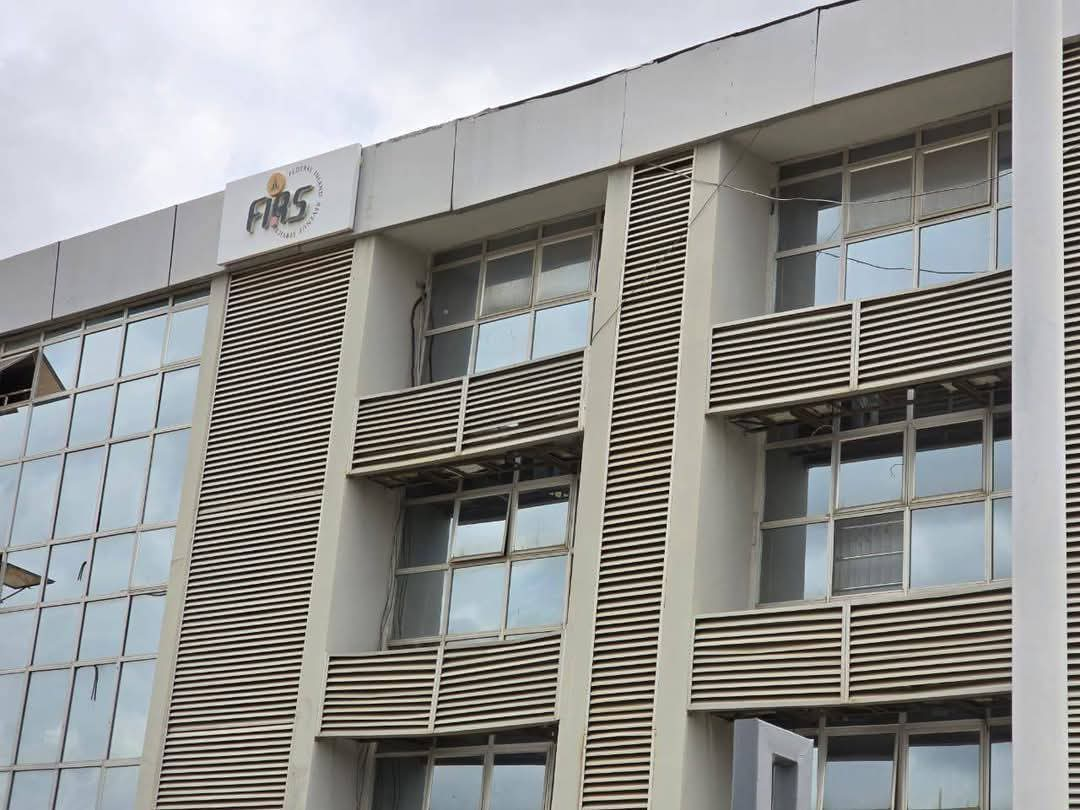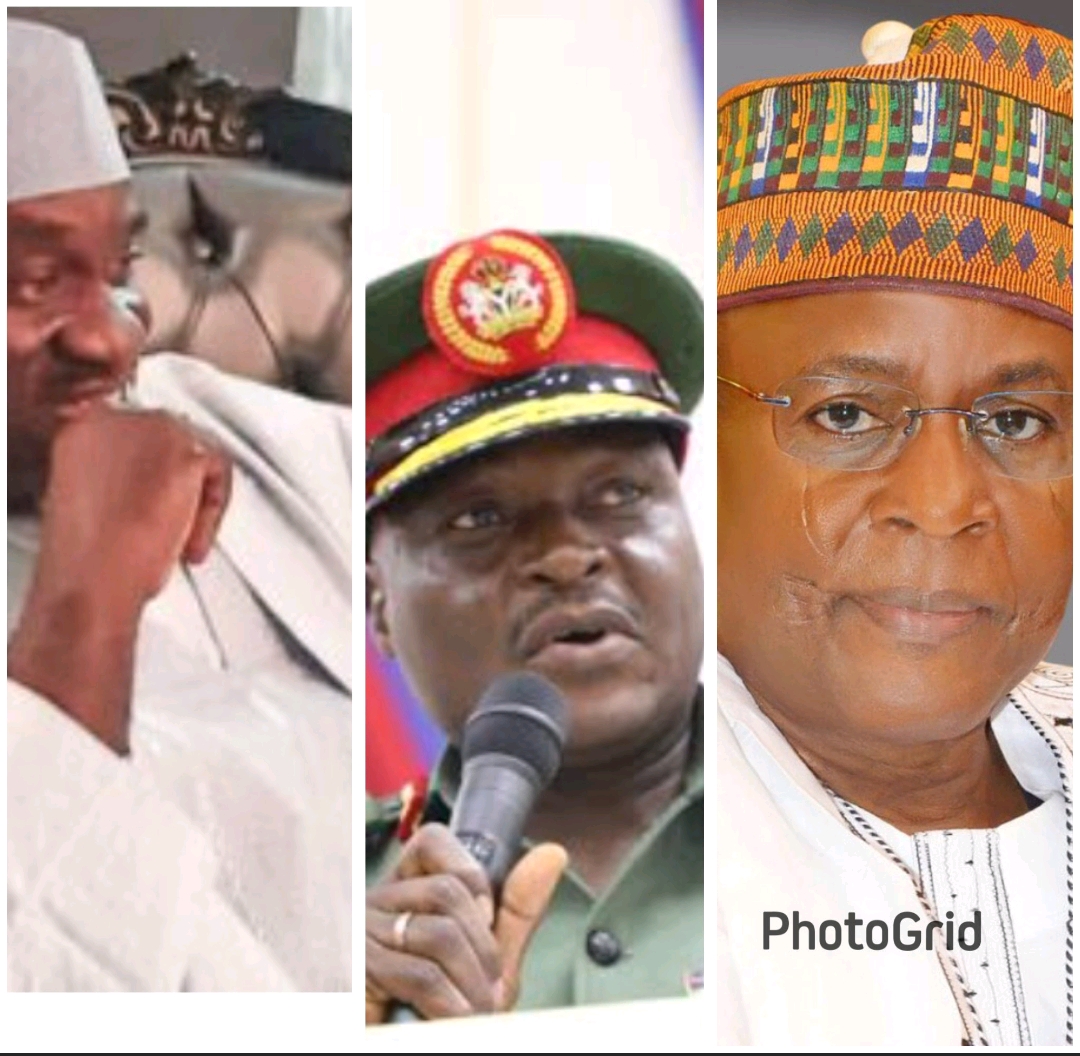Opinion | Politics
By Christopher Sunday
voxnews.com.ng
In the realm of democracy, the relationship between the ruling party and its opposition is akin to the dynamic interplay of light and shadow. As in the natural world, where shadows give definition to light, so too does a vibrant opposition party provide substance and accountability to the ruling government. The opposition’s purpose is not merely to oppose but to offer constructive alternatives, challenge excesses, and ensure that governance remains grounded in the service of the people. Without this balance, a democracy risks veering into autocracy, where power is unchecked and unchallenged. This philosophical ideal stands in stark contrast to the reality that Nigerian politics now finds itself in—a reality marked by a fractured opposition, and a ruling party that governs with the audacity of failure.
In a thriving democracy, opposition parties serve as more than political alternatives—they are vital institutions that uphold accountability, challenge excesses, and offer credible policy options. In Nigeria, however, opposition politics has descended into disarray, leaving the All Progressives Congress (APC) unchecked and emboldened. What we witness today is not just the failure of the opposition, but the dangerous rise of one-party dominance in a multi-party democracy.
The People’s Democratic Party (PDP), once Africa’s largest political party, is now a shadow of itself. Internal crises, personality clashes, factionalism, and an absence of ideological clarity have rendered it ineffective. Once in power for 16 years, the PDP has struggled to find a post-defeat identity since 2015. Its failure to reconcile warring factions and reposition as a constructive opposition has left a vacuum that threatens democratic development.
Rather than challenge the APC with vision and unity, some PDP stalwarts—most notably former Rivers State Governor and current FCT Minister, Nyesom Wike—have openly cooperated with the ruling party, undermining party loyalty and confusing the electorate. Governor Siminalayi Fubara’s recent meeting with Wike, brokered by non-PDP actors, exemplifies how far the party has lost control of its internal dynamics.
The Labour Party (LP) offered a flicker of hope in 2023 through Peter Obi’s campaign, but it too has stumbled into organizational crisis. Internal leadership battles, a lack of nationwide party structure, and poor post-election planning have exposed the LP as a movement without a solid foundation. Rather than build on the momentum of 2023, the party has allowed internal chaos to cloud its focus and squander public goodwill.
This collapse of credible opposition has given the APC the audacity to fail forward. The ruling party has presided over worsening economic hardship, rising insecurity, and widespread discontent, yet it faces minimal institutional resistance. Instead of facing scrutiny, the APC has exploited opposition weakness to consolidate power and silence dissent.
The consequences are alarming: rising political apathy, weakened democratic institutions, and a government insulated from accountability. Democracy in Nigeria risks becoming a one-sided game, where elections are held but genuine contestation is absent.
To rescue Nigeria’s democratic future, opposition parties must rise from the ashes—unify, redefine their ideologies, reconnect with the people, and offer practical solutions to Nigeria’s complex challenges. Until then, the APC will continue to operate with the boldness not born of strength, but of an opposition too divided and distracted to lead.
In the final analysis, a democracy can only thrive if its opposition provides meaningful critique and alternatives. As philosophers of governance have long argued, power unchecked is power abused. The current state of opposition politics in Nigeria stands as a cautionary tale of what happens when political accountability is weak and divided. For democracy to be meaningful in Nigeria, the opposition must rise above its internal squabbles and offer a vision that is coherent, united, and deeply attuned to the needs of the people.
Christopher Sunday is a lecturer, consultant, and political analyst based in Lokoja, Kogi State.
